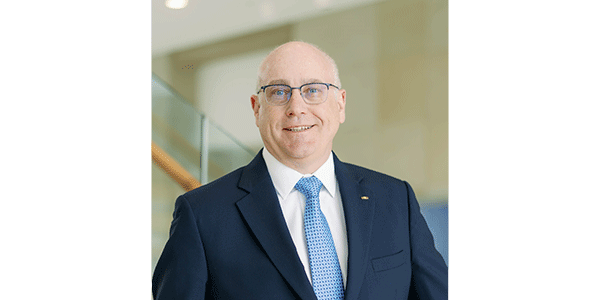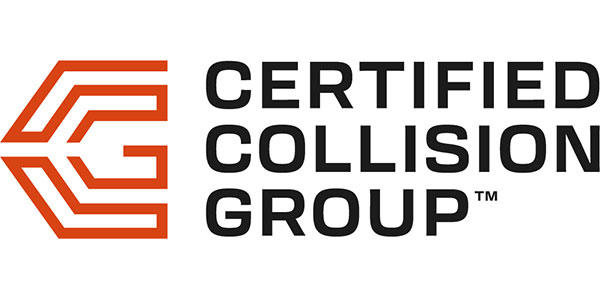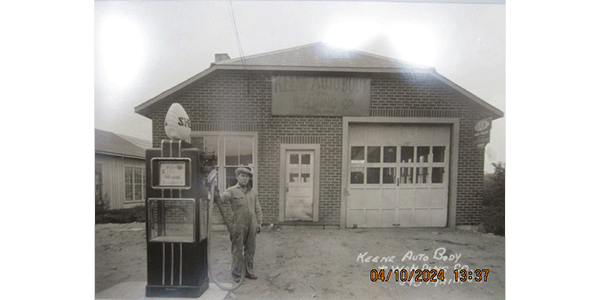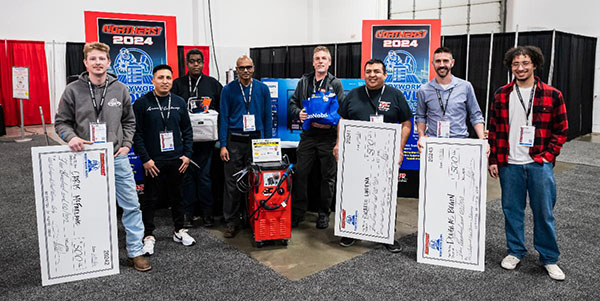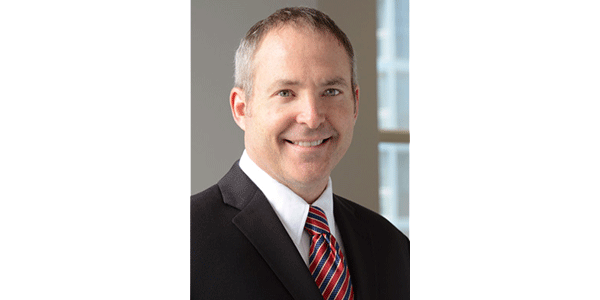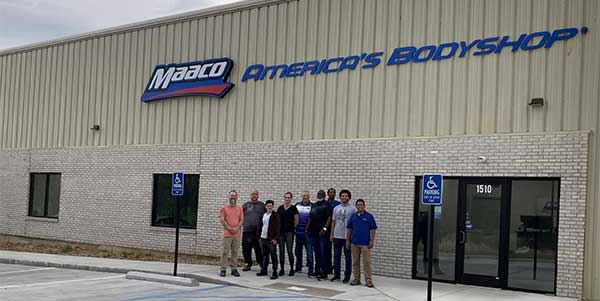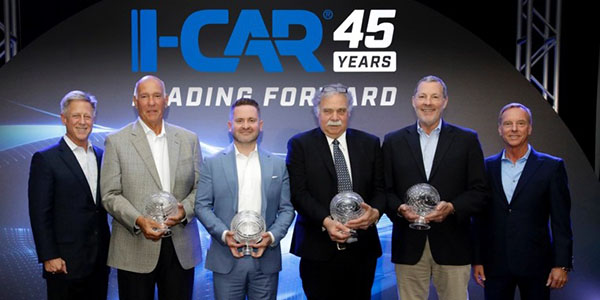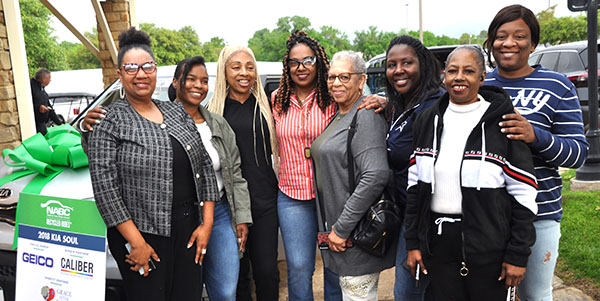The Collision Industry Conference (CIC) Emerging Technologies Subcommittee took on a topic August 9th during NACE | CARS that has all the industry abuzz: pre- and post-repair scanning. The presentation was called, “To Scan or Not to Scan? That is the Question: Demystifying Computer Diagnostics in Today’s Collision Repair Process,” and was given by Jack Rozint of RepairCar.com.
Rozint mentioned that a number of OEs have come out recently with position statements saying that pre- and post-repair scanning is required in certain situations. For example, American Honda recently stated that it is their position that all vehicles involved in a collision (defined as damage that exceeds minor outer panel cosmetic distortion) must have certain minimum diagnostic scans, inspections and/or calibrations done to avoid improper repair.
According to Rozint, other entities, including Verifacts, Collision Advice and CDS (asTech) are saying pre- and post-repair scanning must be done before and after all repairs.
But the industry still has lots of questions. Does every car need to be scanned? Does it depend on the year, make and model, severity and type of repair? Why should repairers do this? What is the compensation? There has been some pushback from insurers on whether every car actually needs to be scanned.
The reason scanning is becoming more and more of a necessary procedure in modern-day vehicles, Rozint said, is because of the sophisticated technology in them: airbags, parking assist, collision avoidance, 360-degree cameras, electromagnetic or ultrasonic park sensors, etc.
But doing scanning in-house is challenging, Rozint said, pointing out the costs. To cover major OEMs, the cost would run $100,000-plus in tool costs, $30,000 annually in updates, and extensive training. As far as aftermarket tools, the best cost is $5,000-plus, and they don’t cover all needed functions and are difficult to learn. As far as knockoff tools, Rozint said it is cloned or copied software so there is no OE support. Plus, training and support is spotty.
Current options for collision repairers, Rozint explained, are to 1) take the car to a dealer, which is time-consuming and delays delivery and is expensive in both labor and sublet costs, 2) call the mobile guy with the van full of tools who may not be available or have the right tools or skills, 3) use an aftermarket tool which could cost over $5,000 plus $1,200 in updates, plus insurers often won’t compensate these jobs, or 4) use Collision Diagnostic Services remotely, which, according to Rozint, has significant cost but is a true OE solution in-house.
In a slide showing a cost/benefit comparison, scanning in-house would cost a shop $50, cost the insurer $150 and add an hour to cycle time, but would require tools and training that is often not compensated. If subletted to a dealer, cost to the shop would be $375 and $450 to the insurer and add two days to cycle time since the dealer is not focused, doesn’t make the shop a priority and can’t handle all the work.
“In a busy shop, if scanning was 30 minutes per job, at 15 cars a day, the shop would need two techs performing that work,” said Rozint. “That’s why a friend told me he couldn’t possibly afford to scan every car.”
Rozint pointed out that while an insurer might balk at paying $175 for a mobile tech to scan a vehicle, consider the alternative: a car taken to the BMW dealer would cost $375 to intake the vehicle, network scan and reprogram, so the cost is $450 to the insurer with a 20-percent sublet markup. Plus, two days are added to cycle time, severity has been increased by $275, two days of rental have been added, and CSI has been hit for both the shop and insurer.
The ideal scenario, according to Rozint, might be where the shop fixes most of the issues in-house and gets paid by capturing pre- and post-repair diagnostic reports and resetting and reprogramming body control modules –a win for the insurer, shop and consumer.
Wrapping up the presentation, Rozint stressed how the collision industry needs standards for diagnostic repairs, such as when is a scan needed and what is reasonable compensation? It also needs tools and systems designed for collision repairers, methods to document diagnostic repairs, and OEMs granting access to software and data formats to the aftermarket.

